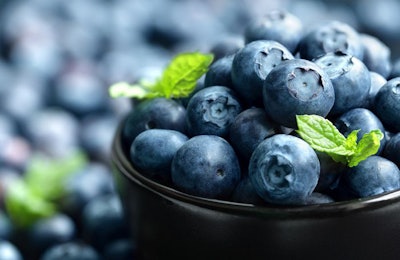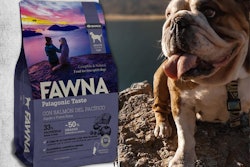
The rising popularity of plant superfoods in pet food corresponds to people’s demands for farm produce that produces health results in their own diets.
These superfood plants contain a range of beneficial chemicals, or phytonutrients, that boost a person or pet’s health and wellness in some way beyond that of proteins, carbohydrates and fats. Although there’s no legal or medical definition of a superfood, these ingredients became especially popular in premium and superpremium pet foods and treats.
These superfood ingredients can also play a role in plant-based pet foods or as substitutes for other ingredients. Especially when pet owners eat more vegetarian diets for ethical reasons, they want their pets to eat the same. Pet owners may be more attuned to animal welfare claims on pet products. For those pet owners who don’t want to feed an animal product to their dogs or cats, pet food formulators have a range of options.
As functional ingredients or part of plant-based pet foods recipes, these five superfoods covered in Ingredients Issues may have places in dog, cat and other pet food formulations.
Superfood plants in pet food
Spinach: Is this original superfood beneficial for dogs and cats?
- Packed with nutrition and knows as a superfood in the human food world, spinach can be a good addition to pet foods.
Cruciferous vegetables: “Superfoods” in dog and cat diets?
- We take a look at kale and broccoli as health beneficial ingredients in pet foods, as well as cruciferous vegetables in general and their place in human and pet products.
Coconut meal for dog and cat diets Is this a good option?
- Coconut meal could be a novel starch source in pet food diets for dogs and cats.
Beyond grain free: Chia as a modern ancient grain for dogs and cats
- Chia seed has a lot to offer as the next new ingredient option in pet food.
Blueberries: Does this superfood have a place in pet food?
- We explore blueberries for more than just their novelty presence in food for dogs and cats.

















